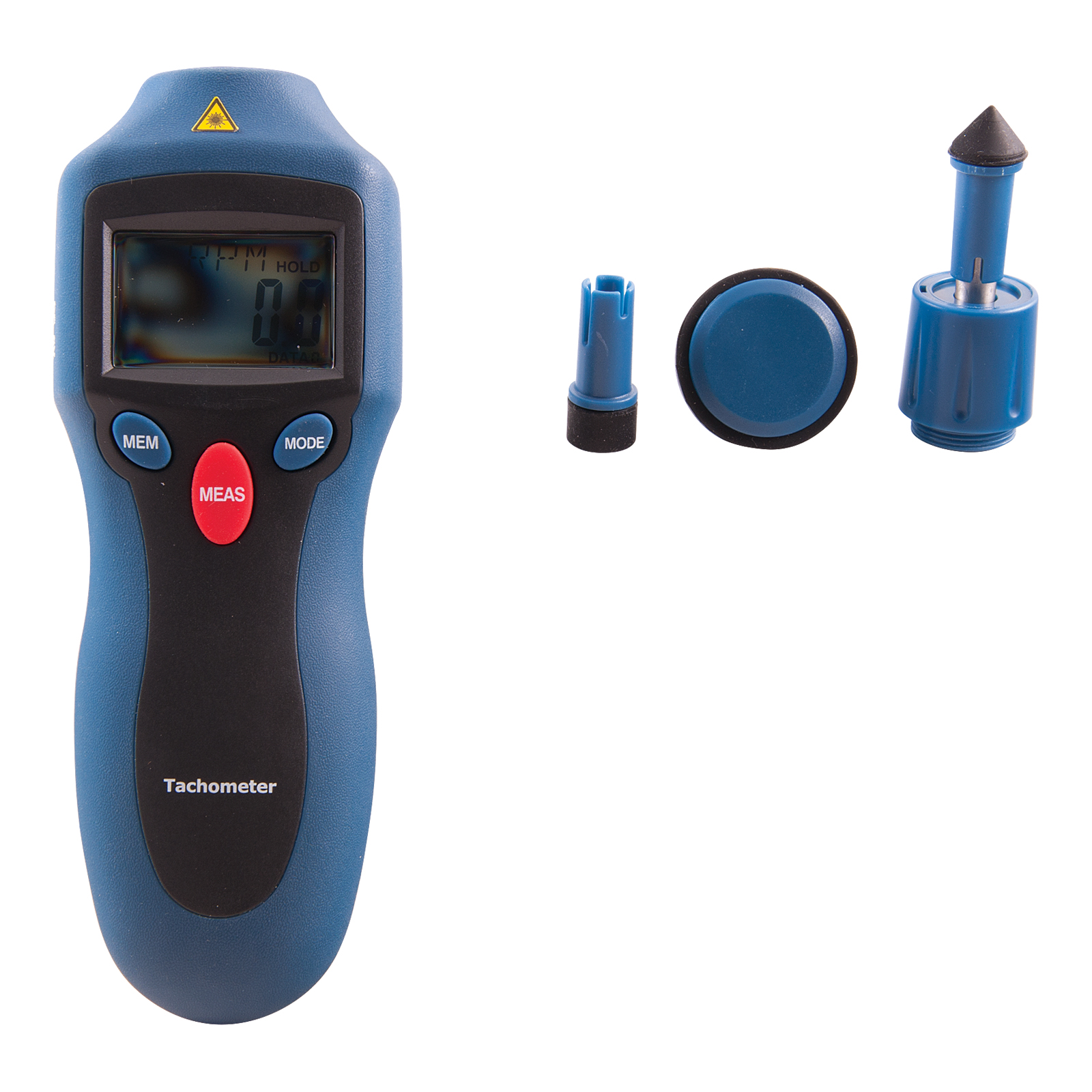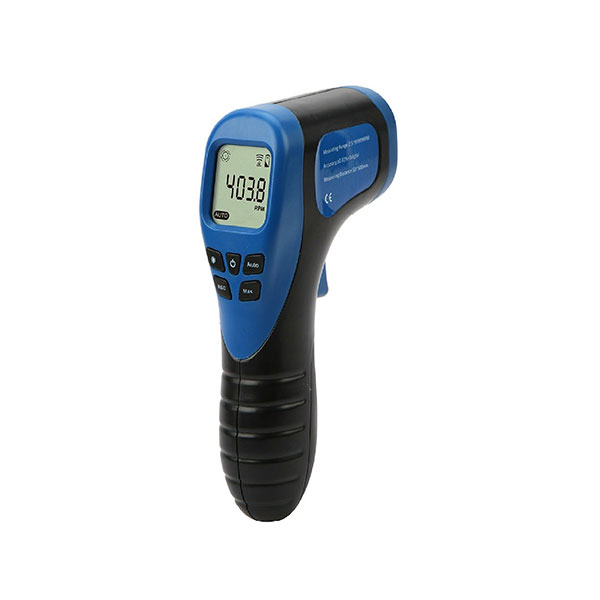Specialist Tips for Keeping and Adjusting Your Tachometer
Specialist Tips for Keeping and Adjusting Your Tachometer
Blog Article
Key Reasons That Having a Tachometer Is Crucial for Maintaining Engine Health And Wellness and Performance
In the realm of vehicle upkeep, the significance of a tachometer can not be overstated - tachometer. This modest yet crucial instrument plays an essential duty in the upkeep of an engine's health and effectiveness. By giving real-time information on engine speed and RPM levels, a tachometer provides very useful understandings that directly impact the performance and durability of the engine. From stopping over-revving to maximizing gas consumption, the applications of a tachometer are multifaceted and important for any type of automobile proprietor or fanatic. So, why is this apparently simple device so important? Allow's discover the vital factors behind its crucial duty in keeping engine wellness and performance.
Preventing Engine Over-Revving

To guard the engine from prospective damage, it is important to implement actions that stop over-revving, a method that can lead to pricey repair services and decreased engine life-span. Over-revving happens when the engine's rotational speed goes beyond the maximum restriction set by the manufacturer, creating unnecessary stress on interior components such as pistons, shutoffs, and connecting poles. This excessive pressure can lead to mechanical failings, including curved valves, harmed pistons, and even disastrous engine failure.
A rev limiter is a gadget that manages the optimum RPM (changes per min) of the engine by either cutting off fuel flow or stimulate to the engine when the pre-set restriction is gotten to. Regular maintenance checks to guarantee the engine is in ideal condition can likewise assist in avoiding over-revving incidents and extending the engine's life-span.
Enhancing Fuel Intake
Reliable fuel intake plays a crucial role in maximizing the efficiency and sustainability of an engine. tachometer. Optimizing gas usage not only assists in decreasing functional prices but also lessens the environmental effect of car discharges. By utilizing a tachometer to check engine speed and adjust driving habits accordingly, motorists can attain better fuel efficiency
Keeping a steady speed and avoiding sudden accelerations and decelerations can substantially enhance fuel economic situation. Furthermore, appropriate gear option based on the tachometer readings makes sure that the engine runs within its ideal array, resulting in much more efficient fuel burning.
Consistently monitoring the tachometer can also help identify any kind of inadequacies or mechanical concerns that may be influencing fuel intake. An abrupt boost in gas usage without an equivalent modification in driving habits might indicate a trouble that requires attention.
Monitoring Engine Wellness
Keeping track of engine wellness is necessary for guaranteeing optimum performance and durability of the car. By using a tachometer to keep an eye on engine rate, vehicle drivers can identify abnormalities that may indicate potential issues with the engine. A tachometer offers real-time data on engine revolutions per minute (RPM), official site enabling chauffeurs to determine any kind of uncommon spikes or decrease in RPM that might signal problems such as misfires, damaged parts, or engine overheating.

Regularly monitoring engine wellness through the use of a tachometer enables drivers to resolve concerns immediately before they escalate and create considerable damage. Finding a reduction in RPM could show fuel distribution issues or a clogged air filter, while an abrupt increase in RPM might direct to issues with the transmission or exhaust system. By remaining alert informative post and responsive to changes in engine efficiency, vehicle drivers can avoid pricey fixings and make certain the general health and wellness and performance of their lorry.
Increasing Engine Lifespan
Making sure the longevity of an engine needs diligent maintenance techniques and mindful surveillance of key efficiency indicators. Prolonging an engine's life-span is essential for lowering overall car upkeep costs and preventing unforeseen failures. A tachometer plays a considerable function in this facet by providing real-time data on engine rate, permitting drivers and auto mechanics to make educated choices to prevent excessive deterioration.

Additionally, regular maintenance based upon tachometer analyses, such as prompt oil modifications and stimulate plug replacements, can dramatically add to expanding the engine's durability. Generally, integrating a tachometer into regular engine surveillance methods is necessary for protecting the engine's health and efficiency over the long-term.
Conserving Cash on Repair Works
A tachometer aids in keeping track of the engine's RPM (changes per minute), allowing vehicle drivers to operate within the suggested array. By staying within these ideal RPM click here now degrees, excessive stress on the engine can be stayed clear of, reducing the likelihood of expensive fixings due to overworking the engine.
Moreover, by utilizing the information from a tachometer to exercise smooth velocity and deceleration, chauffeurs can extend the life expectancy of their lorry's components, eventually saving cash on upkeep and substitutes. Overall, the insights offered by a tachometer equip motorists to make enlightened choices that can prevent unnecessary deterioration on the engine, causing substantial price financial savings over time.
Conclusion
Finally, a tachometer plays an important function in preserving engine health and wellness and effectiveness by stopping over-revving, maximizing gas intake, checking engine wellness, expanding engine life expectancy, and conserving money on repair work. It is a vital tool for guaranteeing that the engine operates within safe limits and performs at its ideal, inevitably adding to the durability and general performance of the vehicle.
Report this page